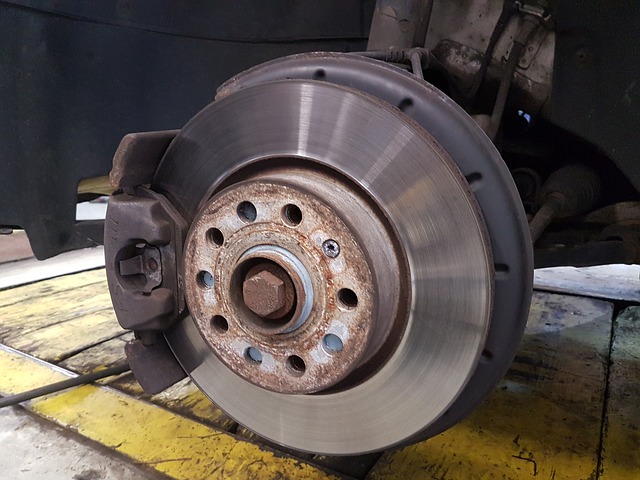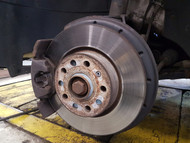The Beginner's Guide to Brake Boosters
15th Jul 2021

Your vehicle's braking system consists of more than just discs. While most vehicles have brake discs, they also have a brake booster. Brake boosters are an important braking component. Without a brake booster, you may struggle to press the brake pedal quickly enough to stop your vehicle before experiencing a collision.
Brake Boosters Defined
Also known as a vacuum servo, a brake booster is a braking component that's designed to reduce the amount of physical pressure needed to push down the brake pedal. The brake pedal, of course, will engage your vehicle's brakes. With a brake booster, you can easily push down the brake pedal without using extreme force. Brake boosters simply assist with this process so that you can stop your vehicle more quickly.
How Brake Boosters Work
Brake boosters work by sucking in air to assist with braking. When you press the brake pedal, a valve will open in the back of the brake booster. This open valve will allow air enter to the brake booster. With vacuum pressure, the brake booster's shaft will then push the master cylinder rod.
Signs of a Failing Brake Booster
If your vehicle has a bad brake booster, you may notice one or more symptoms. Not surprisingly, the most common symptom of a bad brake booster is increased resistance with the brake pedal. The brake pedal will create more resistance as you try to press it. You can typically still press down the brake down -- even if the brake booster is bad -- but you'll have to use more force to overcome this resistance.
Another sign of a failing brake booster is longer braking distance. If it takes your vehicle longer than usual to come to a complete stop, the brake booster could be on its way out.
A "sticky" brake pedal may also indicate brake booster failure. After pressing the brake pedal down and releasing your foot, the brake pedal should quickly rise back to its original and upright position. If it sticks for an extended period, your vehicle may have a bad brake booster.
There are times in which a failing brake booster can cause poor fuel efficiency. Many brake boosters are used for air intake purposes. They'll draw air into the engine's combustion chamber. With a bad brake booster, too much or too little air may reach the engine. The end result is poorer fuel efficiency that manifests in the form of more frequent gas fill-ups. If you notice any of these signs, you should consider getting your vehicle's brake booster inspected by a professional mechanic.

